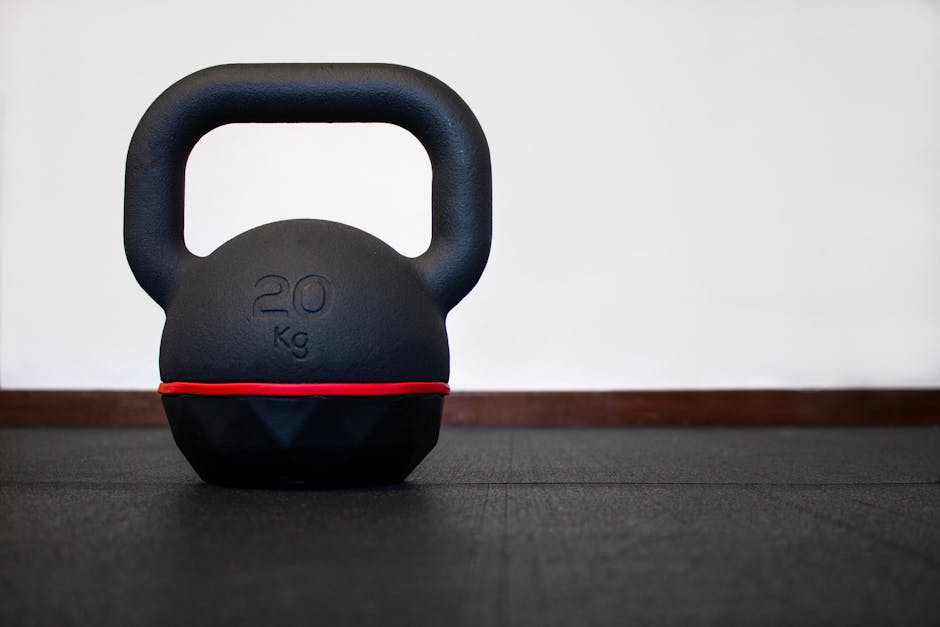Losing weight and shedding excess fat can be a challenging yet rewarding endeavor. While there is no one-size-fits-all approach, following certain principles and incorporating effective strategies can greatly enhance your chances of achieving your fat loss goals. Here is a comprehensive guide to help you embark on a successful fat loss journey:
**1. Set Realistic Goals:**
Avoid setting overly ambitious goals that can lead to discouragement and setbacks. Start with small, achievable targets that you can gradually build upon. Aim to lose 1-2.5 pounds per week, which is a healthy and sustainable rate of weight loss.
**2. Focus on Calorie Deficit:**
To lose fat, you need to create a calorie deficit, where you consume fewer calories than you burn. Determine your daily calorie needs using an online calculator or consult a registered dietitian. Aim for a calorie deficit of 500-1,000 calories per day.
**3. Choose Nutrient-Rich Foods:**
Prioritize whole, unprocessed foods that are high in fiber and nutrients. These foods, such as fruits, vegetables, lean protein, and whole grains, keep you feeling full and satisfied while providing essential vitamins, minerals, and antioxidants.
**4. Emphasize Protein Intake:**
Protein is crucial for maintaining muscle mass, which is essential for burning calories and boosting metabolism. Aim to consume around 1 gram of protein per kilogram of body weight (2.2 pounds) daily.
**5. Stay Hydrated:**
Drinking plenty of water throughout the day helps suppress appetite, boosts metabolism, and improves overall energy levels. Aim for at least eight glasses of water per day.
**6. Engage in Regular Exercise:**
Exercise is a cornerstone of fat loss. Aim for at least 150 minutes of moderate-intensity exercise or 75 minutes of vigorous-intensity exercise per week. Include a combination of cardiovascular activities, such as running or swimming, and strength training to build muscle and enhance metabolism.
**7. Prioritize Sleep:**
Sleep is essential for hormone regulation and metabolism. Aim for 7-9 hours of quality sleep each night. When you're sleep-deprived, your body produces more stress hormones, which can lead to increased appetite and cravings.
**8. Manage Stress:**
Stress can trigger the release of hormones that promote fat storage. Find healthy ways to manage stress, such as exercise, yoga, meditation, or spending time in nature.
**9. Monitor Progress:**
Track your progress regularly by taking measurements, weighing yourself, and assessing how your clothes fit. This provides feedback and helps you stay motivated and make adjustments as needed.
**10. Seek Support:**
Losing weight can be challenging, so don't be afraid to seek support from friends, family, a support group, or a registered dietitian. Having people to cheer you on and provide encouragement can make a significant difference in your journey.

